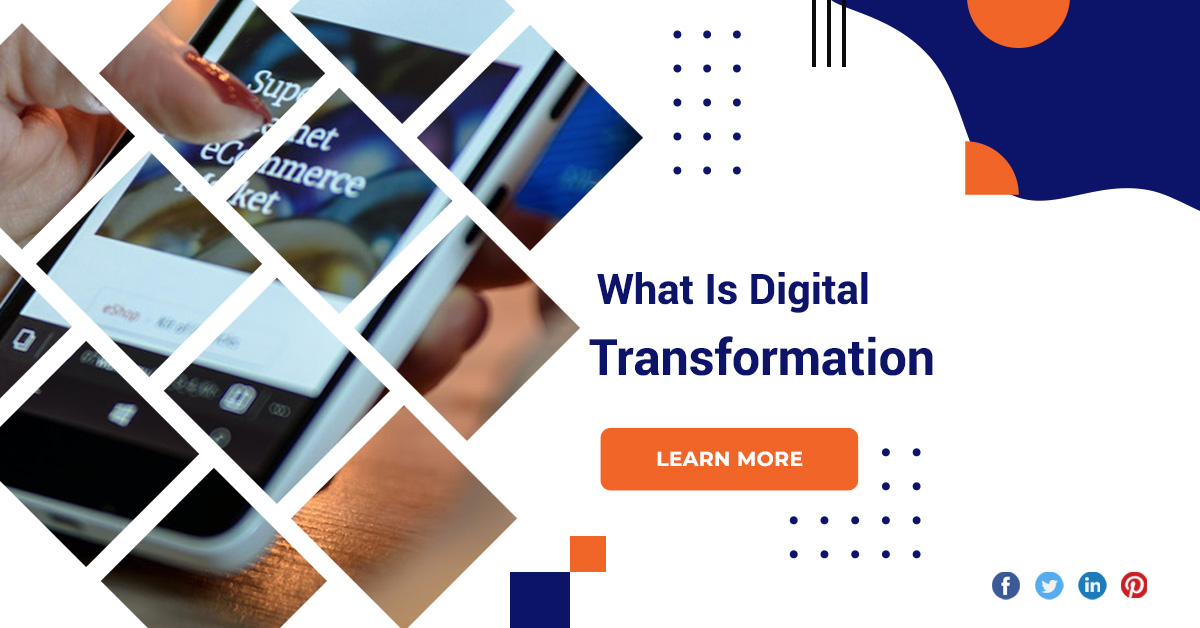What Is Digital Transformation?
In today’s fast-paced digital age, where innovation is the key to staying relevant, understanding the concept of digital transformation is not just advantageous but imperative. Digital transformation is about evolving your business by experimenting with new technologies and rethinking your current approach to common problems. Whether you’re a tech enthusiast, a business owner, or simply someone intrigued by the rapid changes in our digital world, this blog post aims to demystify the complexities surrounding digital transformation.
Digital transformation
Goals
Digital transformation aims to revolutionize businesses by leveraging technology to enhance processes, improve customer experiences, and drive innovation. It also seeks to empower organizations with data-driven insights, fostering a culture of continuous improvement.
Criticisms
Despite its potential benefits, faces criticisms such as high implementation costs, resistance to change, and cybersecurity concerns. Some argue that the focus on technology may overshadow the human element, leading to potential job displacement and cultural challenges within organizations.
Call digital transformation
It’s a strategic shift that organizations must embrace to stay relevant and resilient in the face of digital disruption. The call for digital transformation is a call for adaptability, innovation, and future-proofing businesses.
Business strategy transformation
Companies must align their strategic objectives with technological capabilities, leveraging digital tools to gain a competitive edge. This transformation enables more agile decision-making and the ability to capitalize on emerging opportunities.
Business operations realignment
This involves streamlining workflows, automating routine tasks, and integrating digital solutions into every facet of the organization. The goal is to create a more flexible, responsive, and efficient operational model.
People change management
People change management involves fostering a culture of innovation, providing adequate training, and addressing concerns to ensure a smooth transition. Engaging and empowering employees is critical to overcoming resistance and driving the transformation forward.
Augmented intelligence
Augmented intelligence combines human expertise with machine capabilities to enhance decision-making and problem-solving. It empowers individuals with advanced analytics, enabling more informed and strategic decision-making.
Digitalisation is Using Digital Data to Simplify How You Work
Digitalization is about leveraging digital data to simplify and streamline work processes. It involves the conversion of analog information into digital formats, enabling easier storage, retrieval, and analysis. Digitalization enhances efficiency, reduces errors, and facilitates collaboration, ultimately transforming the way organizations operate.
Conclusion
Digital transformation is not merely a technological shift; it’s a holistic reimagining of how businesses operate and thrive in the digital age. By aligning strategies, realigning operations, managing change effectively, and embracing innovative technologies, organizations can position themselves for sustained success in the dynamic digital ecosystem.







